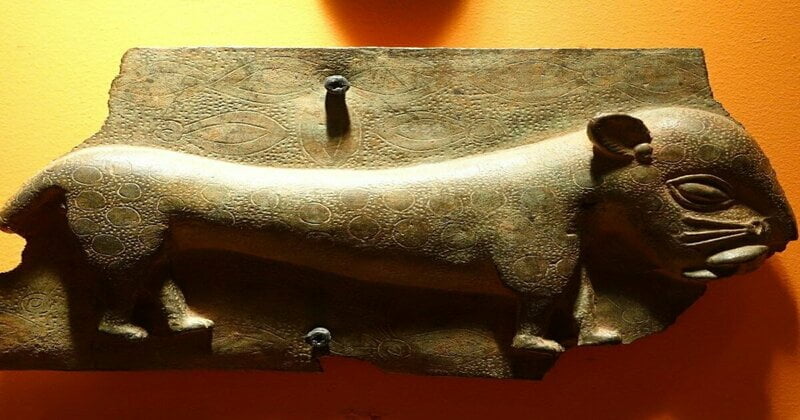Paul is a highly experienced, creative and tenacious litigator
paul.russell@russell.nl +31 20 301 55 55Do colonial artefacts from 55 African countries have to be returned by museums in the Netherlands and beyond? If so, what is the (legal) basis for restitution?

Since the recent publication of a French report commissioned by the French President on the above question, France has made a modest start in returning colonial art from French museums. The debate on this matter has been underway for some time.
The French President considered the “theft” of art from African countries “a crime against humanity”. This was the reason for him to return colonial art from French museums. His motto is, France will face its past, France recognizes the crimes from the past and France comes to term with it, and thus France will again be on equal footing with the 55 African countries. The President of France cries out against theft of African cultural heritage, but at the same time he says that many artefacts have been preserved because of this theft!
A multitude of legal issues are in play in restitution of African heritage and play a major role in this: When and under which circumstances was this art purchased, by whom and how? In what way was this documented (or not) and administered in the country of origin and the museums in this country? Or is to be established that this cannot be established anymore? How do these transactions have to be qualified? How about the limitation period which is one of the pillars of legal certainty in trade in the Western world? Did the countries of origin ever request restitution? To name but a few aspects.
Does this always concern African cultural heritage or looted art? And how is “looted art” and African cultural heritage to be described in a legally correct way, both nationally and internationally? Can countries mutually agree on criteria or will the legal issues be treated per country and per object?
The conclusion that all art from Africa is cultural heritage, originates from theft and therefore “is looted art” is way too simplistic, although many cases might have borne marks pertaining to this. But how do you look for and find an internationally accepted criterion (as the Washington Principles regarding World War II looted art) to treat equal cases equally and settle them?
The discussion about African heritage is expanding across Europe.
In the beginning of December 2018, Congo demanded from Belgium to return its heritage when the renewed Africa Museum located in Tervuren near Brussels reopened. Restitution of colonial cultural heritage to African governments is no longer taboo for Belgium. This is what Deputy Prime Minister of Belgium and Minister of Development Cooperation Alexander De Croo said when the Africa Museum was reopened.
It is a matter of time that these issues will be discussed in the Netherlands in a similar way and everyone owning colonial cultural heritage is well-advised to work out his or her position in this, also in this respect, changing world.
Do you have any questions in response to this blog or would you like to resolve a dispute regarding colonial or other artefacts? Please contact Paul W.L. Russell, LL.M. (paul.russell@russell.nl) or fill in the form below.
The provenance research regarding looted art in Dutch museums has been largely completed. What are the results and how can you, as a heir, submit a claim?
The government has outlined in a letter how it intends to translate the proposals from the Buma Committee’s advice into regulations. What does this mean in practice for private individuals who own art or other cultural goods? But first: what are the rules for exporting protected cultural goods at the moment?
The government has outlined in a letter how it intends to translate the proposals from the Buma Committee’s advice into regulations. What does this mean in practice for private owners of art or other cultural goods? Will this solve the problems of owners?
The use of general terms and conditions is something companies can no longer do without. Contracting parties refer to their own general terms and conditions in small print, often containing favorable clauses for their own benefit. But what is the power of general terms and conditions? And what should be considered when using them?
In his interview on “Hidden Gems – Treasured artwork adds to allure of Netherlands”, Reinier Russell talks about how artworks still reflect the spirit of the Golden Age and where they can be found.
A new EU regulation requires anyone wishing to import cultural goods into the EU to have an import license or submit an importer’s declaration. When is which type of document required? How does it affect art dealers, galleries, auction houses and collectors, both inside and outside the EU?